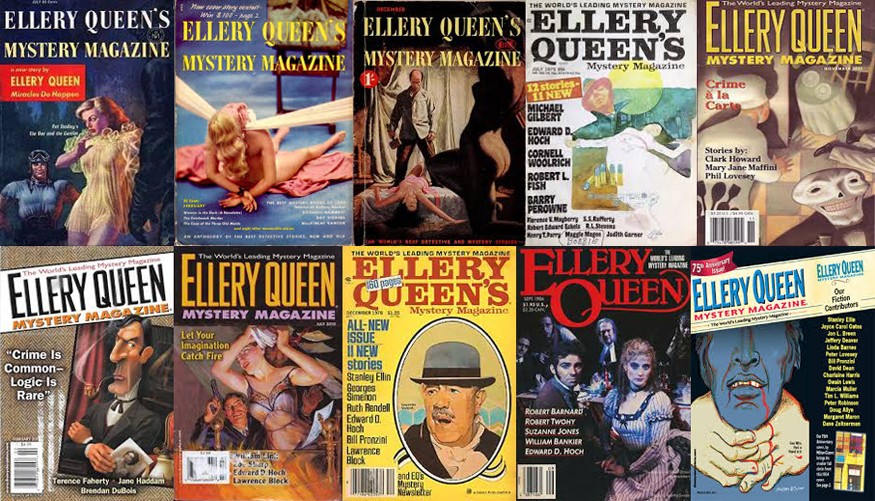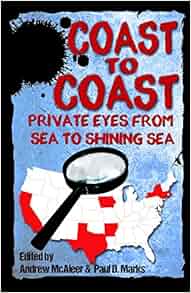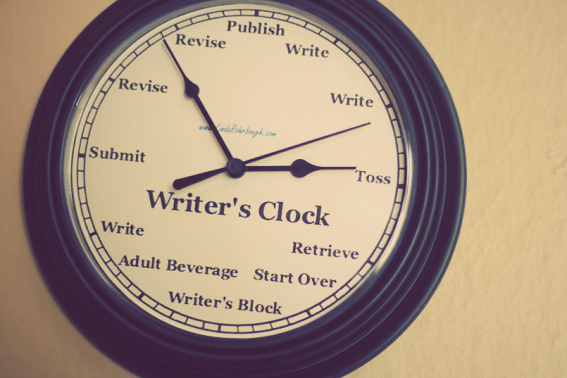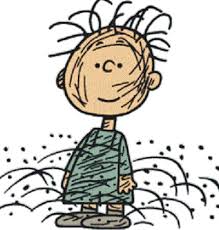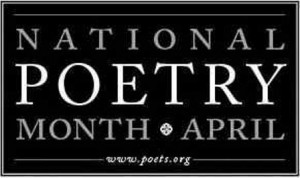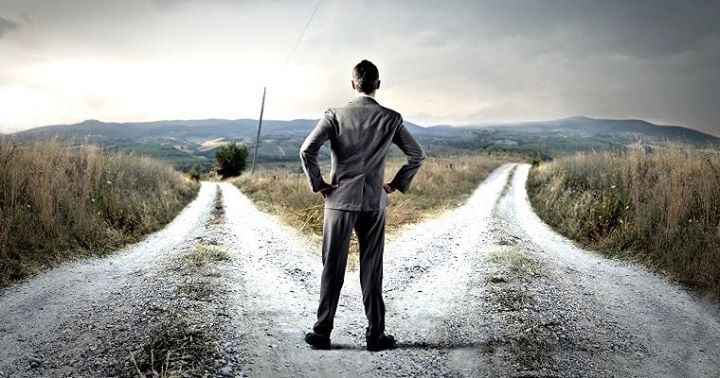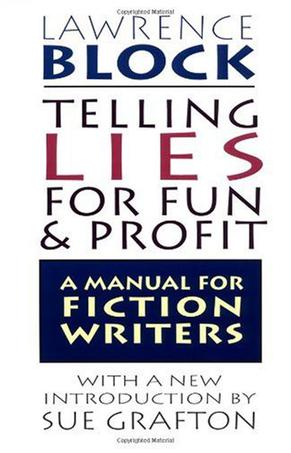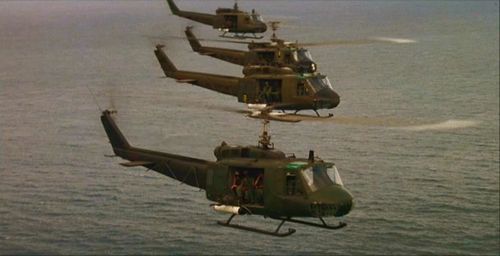Backstory
 One reason I was so intrigued by Steve Hamilton when I met him is that he was (at that time) an employee of IBM--and so was I, for thirty years. I'm not saying there aren't a lot of IBM folks running around out there, but there aren't a lot of them who are also mystery writers. Anyhow, Steve showed several of us at the conference a short film that had just been adapted from one of his stories, and I've been a devoted fan ever since. I've now read all ten of the McKnight novels--which are set, by the way, in the real town of Paradise, in Michigan's Upper Peninsula--and also both of his standalone books. And a few weeks ago I finished the second novel in his new series. The main thing to report, about that, is that Steve Hamilton's fiction is every bit as strong now as it was in his very first book (A Cold Day in Paradise, which won the Edgar Award). Keeping up that kind of quality, as we all know, is not always the case. Most authors--especially crime novelists, for some reason--can't continue to entertain/captivate their audience, or at least not at the same level, after a dozen books or so.
One reason I was so intrigued by Steve Hamilton when I met him is that he was (at that time) an employee of IBM--and so was I, for thirty years. I'm not saying there aren't a lot of IBM folks running around out there, but there aren't a lot of them who are also mystery writers. Anyhow, Steve showed several of us at the conference a short film that had just been adapted from one of his stories, and I've been a devoted fan ever since. I've now read all ten of the McKnight novels--which are set, by the way, in the real town of Paradise, in Michigan's Upper Peninsula--and also both of his standalone books. And a few weeks ago I finished the second novel in his new series. The main thing to report, about that, is that Steve Hamilton's fiction is every bit as strong now as it was in his very first book (A Cold Day in Paradise, which won the Edgar Award). Keeping up that kind of quality, as we all know, is not always the case. Most authors--especially crime novelists, for some reason--can't continue to entertain/captivate their audience, or at least not at the same level, after a dozen books or so.Another thing about Steve: he's a genuinely nice guy, friendly and down-to-earth and helpful to other writers. He's certainly been kind to me.
The new series
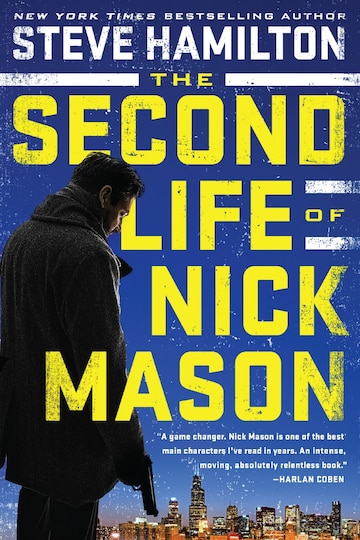 I've already mentioned the fact that I liked all the McKnight installments and the two non-series books, Night Work and The Lock Artist (the latter won Steve yet another Edgar). But I'm really excited about his latest two novels, The Second Life of Nick Mason and Exit Strategy. Both are set in Chicago, and feature the most interesting protagonist I've seen in a long time.
I've already mentioned the fact that I liked all the McKnight installments and the two non-series books, Night Work and The Lock Artist (the latter won Steve yet another Edgar). But I'm really excited about his latest two novels, The Second Life of Nick Mason and Exit Strategy. Both are set in Chicago, and feature the most interesting protagonist I've seen in a long time.Nick Mason (no, he's not a brickmason, and no relation to Perry) is a career criminal. An ex-convict, in fact, who gets out of prison on a fluke and finds himself in a position almost bad as the one he left. On the one hand, he's now a free man, but on the other, he belongs to the guy who arranged his release. "Mobility," in his benefactor's own words, "is not freedom." Nick is still in a prison of sorts, and lives at the beck and call of someone who, if not strictly and promptly obeyed, will kill not only Nick but his wife and daughter as well.
This "second life" that Nick Mason has been granted (seldom has there been a more appropriate title for a novel) is what drives this series. The first book introduces the character and his dilemma, and the next one--Exit Strategy--continues the nightmare but puts forth the slim hope that Nick can somehow get out of the impossible situation Fate has handed him. Both novels feature fascinating characters, pulse-pounding action, and plenty of plot twists.
In the words of others . . .
Here are some excerpts from recent reviews of The Second Life of Nick Mason:
"A fine premise, a vibrant setting, a charismatic anti-hero . . . It's a tight, gripping book about a man hellbent on reinventing himself against long odds."--The New York Times
"Whatever he writes, I'll read. Steve Hamilton's that good."--Lee Child
"Steve Hamilton amazes me. Every time I think he's going to zig, he zags."--Michael Connelly
"The novel more than lives up to its hype."--The Chicago Tribune
"Trust Stephen King. This book is the real deal."--Stephen King
A killer like Keller
 Maybe the most surprising thing about this series is that Steve Hamilton--like Lawrence Block, in his Keller novels--somehow makes the reader care about an extremely unlikely hero. Nick Mason has a good heart, but he's still a hired assassin. And here we are, cheering him on. I plan to do the same with future installments in this series.
Maybe the most surprising thing about this series is that Steve Hamilton--like Lawrence Block, in his Keller novels--somehow makes the reader care about an extremely unlikely hero. Nick Mason has a good heart, but he's still a hired assassin. And here we are, cheering him on. I plan to do the same with future installments in this series.Breaking news: The first of the Nick Mason novels will be a major movie soon, and a recent podcast featuring an interview with Steve can be found at Wrong Place, Right Crime. (Click on July 3: Steve Hamilton. Hint, hint: I'll be featured there on July 17, so tune in for that one too.)
That's my pitch for today. Again, the novels are The Second Life of Nick Mason and Exit Strategy. I hope you'll read them, and the Alex McKnight series as well. In other words, spend a few cold days in Paradise.
And to Steve, if you read this … keep up the good work.



